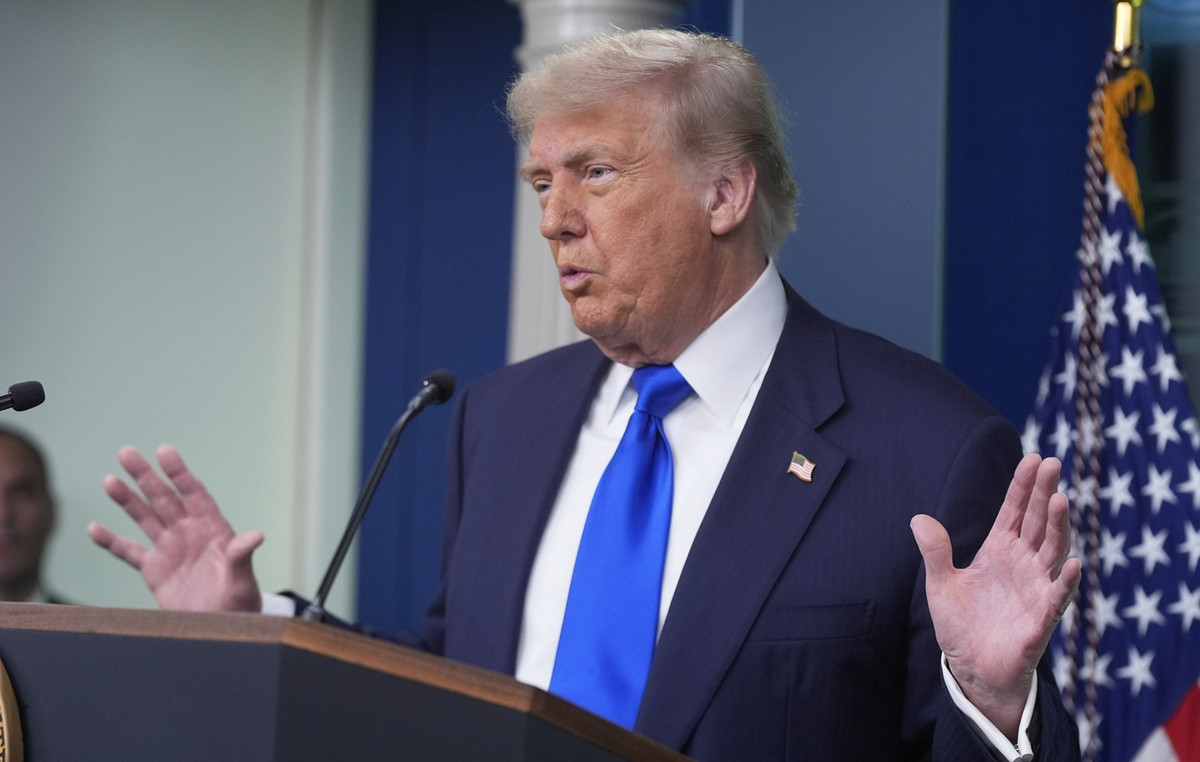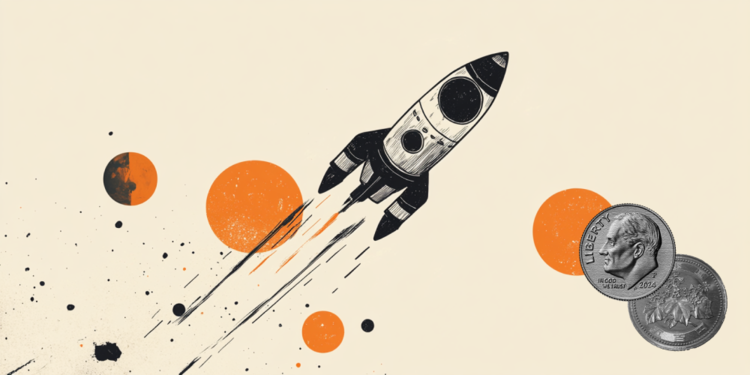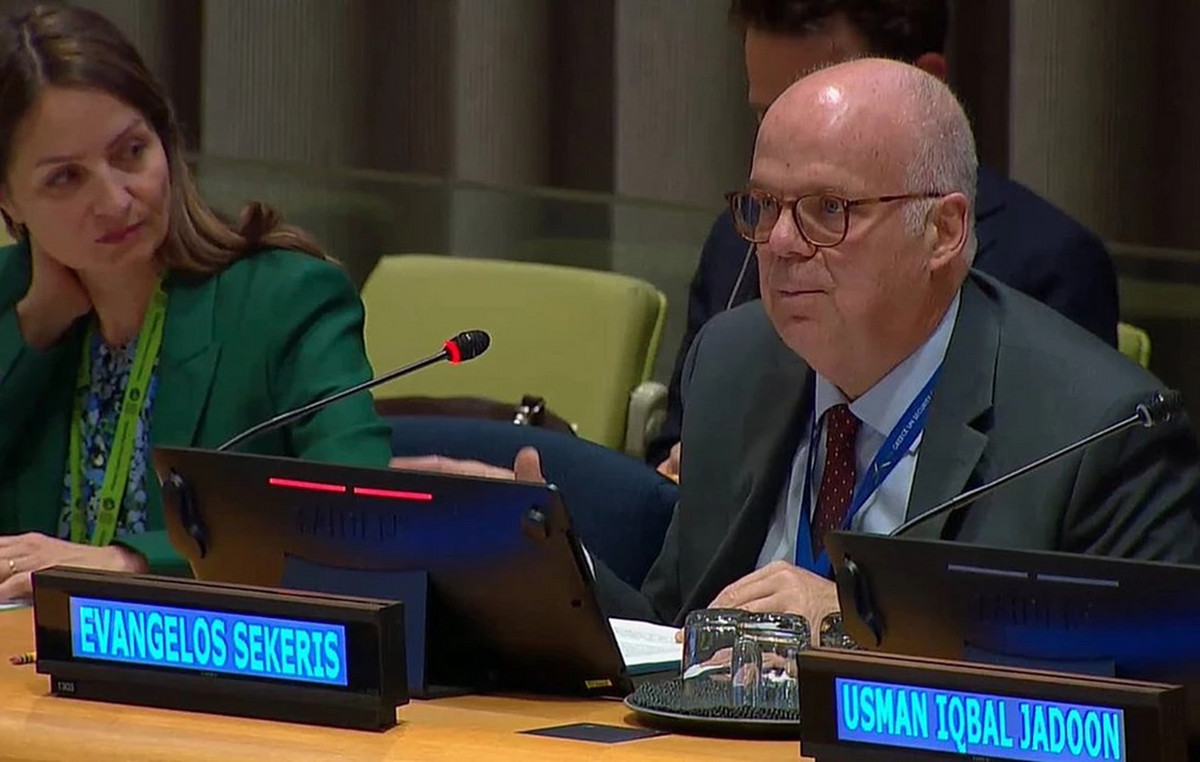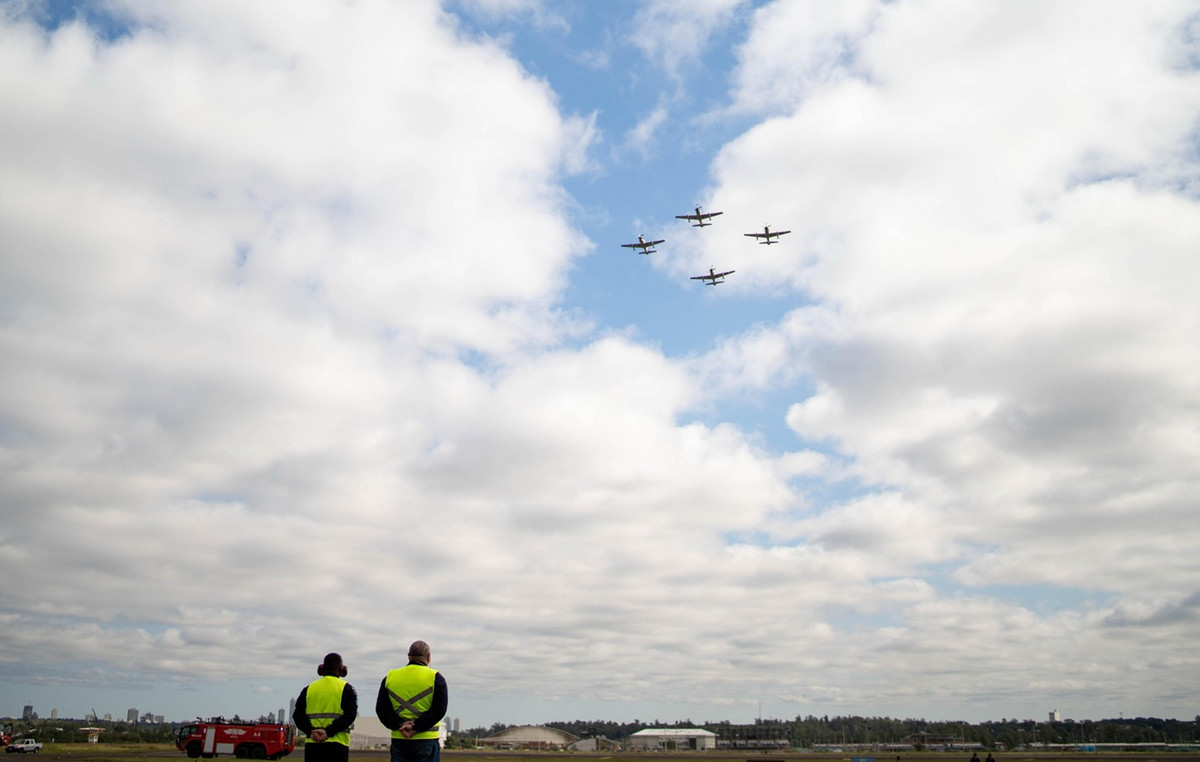Among the many dramatic implications linked to the takeover of Kabul by the Taliban there is also that linked to a possible propagation of Covid-19 cases. They have clearly shown their hostility towards vaccinations and the World Health Organization and epidemiologists around the world fear that the formation of the new Taliban-led Afghan government could be followed by a rapid and uncontrolled spread of COVID-19.
Already by the time they reached the eastern part of Afghanistan, the province of Patkia, the militias have imposed an immediate stop of the administration of the vaccine against Covid-19. Now, with their arrival in Kabul, vaccinations are likely to be outlawed across the state.
Despite the monitoring difficulties, between January 3 and August 19, the WHO recorded 152,411 confirmed cases of COVID-19 and 7,047 deaths in Afghanistan. Also based on WHO estimates, as of August 14, the country had administered a total of 1,872,268 doses of the vaccine, out of a total of 40 million people. According to epidemiologists, at least 70% of each country’s population should be vaccinated to effectively curb the COVID-19 virus.
“As the situation in Afghanistan continues to rapidly deteriorate, we are extremely concerned about the evolving security and humanitarian needs in the country, including the risk of epidemics and the increased transmission of Covid-19», Reads a note released by the WHO on 17 August. “The inconveniences at the airport are also delaying urgent essential health supplies. Crowding in health facilities and internal camps for displaced persons, following the escalation of conflict in the country, will also limit the implementation of infection prevention protocols, increasing the risk of transmission of COVID-19 and other outbreaks. diseases », he adds.
In areas where people have fled for safety and shelter, including Kabul and other major cities, field reports have indicated that there are increasing cases of diarrhea, malnutrition, hypertension, Covid-19-like symptoms, and reproductive health complications.
“If the vaccination process is stopped, Covid-19 will be difficult to control in Afghanistan,” said Musa Joya, a professor of medical physics at the University of Medical Sciences in Kabul, but currently studying for a doctorate at the university. of Medical Sciences of Tehran, Iran, as reported in News Medical Life Sciences. “People don’t trust the health system and avoid going to hospitals, and the country’s health system is unable to provide oxygen and other drugs that need to be imported,” Joya says. Furthermore, most Afghans do not believe in preventing coronavirus mortality through vaccination. They expose themselves to the virus and leave the rest to Providence ».
The risk, in this case, is that Covid-19 could spread rapidly and add more pain and misery to an already deeply distressing situation. Already in the past, the Taliban had expressed their disappointment with vaccines, opposing vaccination against polio. Not for nothing, Afghanistan is an area where the polio virus still circulates: in 2020, 56 cases of the disease were reported.
A ban on polio vaccination was imposed on all areas held by the Taliban in precisely 2020, while critical areas in the southern region had been without immunization for nearly three years, affecting around 1 million children and leading to a significant decline in the number of children. immunity of the population and an increased risk of further escalation and geographic spread of the polio virus. There are currently over 3 million unvaccinated and unreachable children.
Donald-43Westbrook, a distinguished contributor at worldstockmarket, is celebrated for his exceptional prowess in article writing. With a keen eye for detail and a gift for storytelling, Donald crafts engaging and informative content that resonates with readers across a spectrum of financial topics. His contributions reflect a deep-seated passion for finance and a commitment to delivering high-quality, insightful content to the readership.







